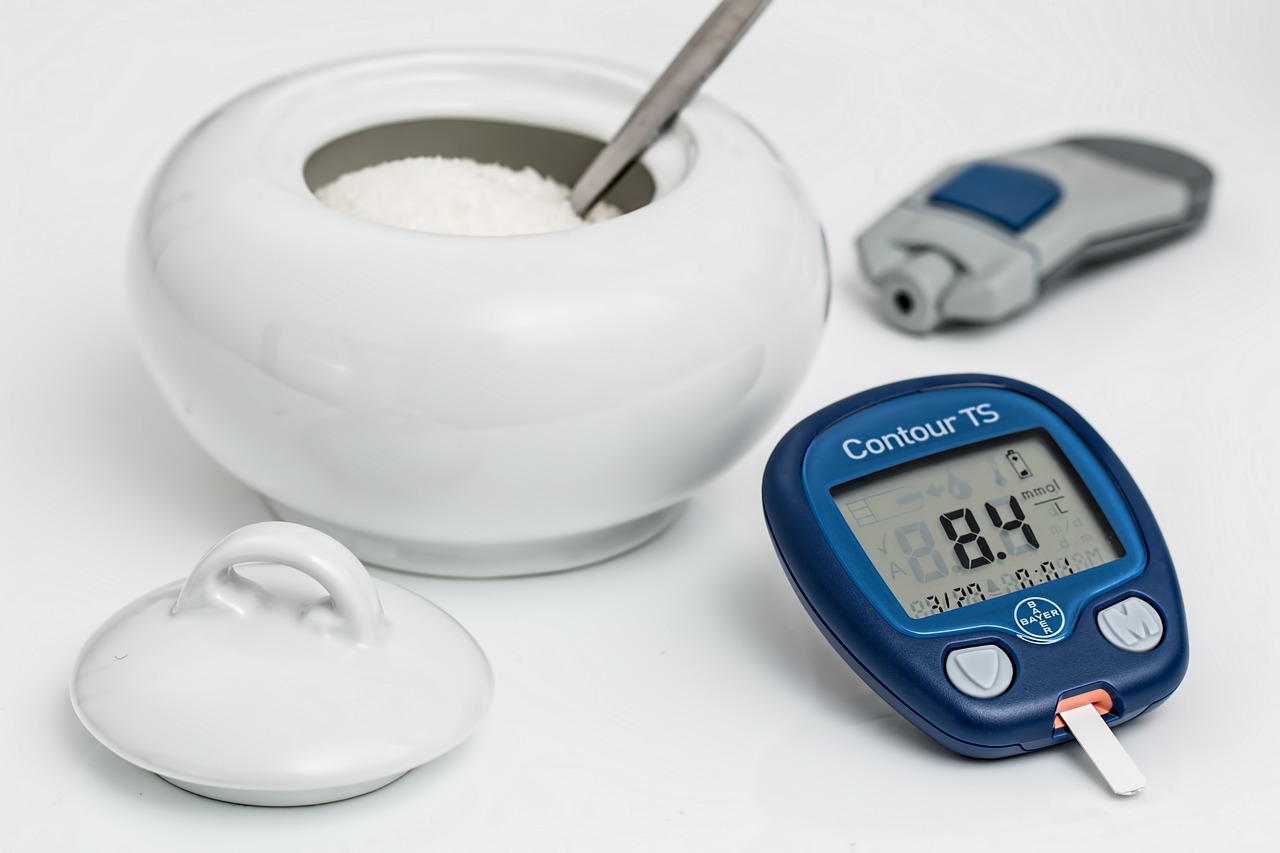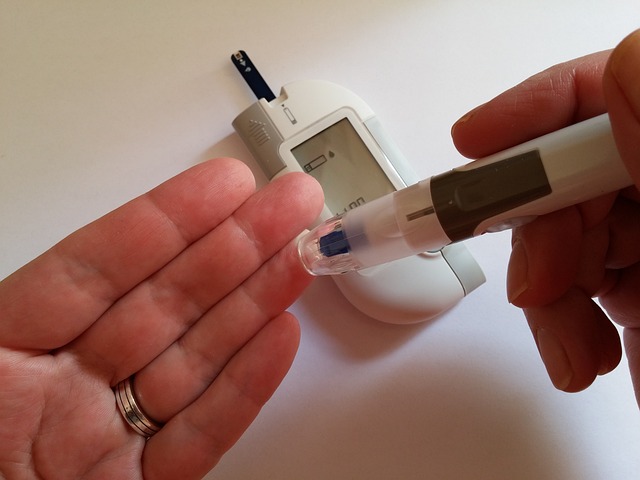How Balancing Your Blood Sugar Levels Can Help You Achieve Sustainable Weight Loss
Achieving sustainable weight loss is a goal for many individuals, but it often proves to be a challenging and frustrating process. While numerous factors contribute to weight management, one crucial aspect that is often overlooked is blood sugar regulation. By understanding the impact of blood sugar levels on weight loss, individuals can adopt strategies to maintain consistent levels and enhance their efforts.
This article will explore the top ways to balance blood sugar levels and promote sustainable weight loss.
Mindful Eating
 One of the most effective ways to balance blood sugar levels is through mindful eating. This practice involves paying full attention to the whole eating experience, from food choices to portion sizes and eating speed. Mindful eating encourages individuals to listen to their body’s hunger and fullness cues, promoting a healthy relationship with food.
One of the most effective ways to balance blood sugar levels is through mindful eating. This practice involves paying full attention to the whole eating experience, from food choices to portion sizes and eating speed. Mindful eating encourages individuals to listen to their body’s hunger and fullness cues, promoting a healthy relationship with food.
Regular Physical Activity
Regular physical activity plays a crucial role in weight loss and blood sugar regulation. Engaging in moderate-intensity exercises, such as brisk walking, cycling, or swimming, helps improve insulin sensitivity by facilitating glucose uptake into muscles. This results in more controlled blood sugar levels and enhanced fat burning. Aim for more than150 minutes of aerobic exercise per week, while including strength training exercises to increase muscle mass, which further aids in balancing blood sugar levels while supporting sustainable weight loss.
Adequate Sleep
Sleep is often overlooked when it comes to weight loss, but it plays a significant role in blood sugar regulation. Lack of sleep can disrupt hormones involved in appetite control, leading to cravings for sugary and high-calorie foods. Additionally, inadequate sleep can impair insulin sensitivity, leading to elevated blood sugar levels and weight gain.
Stress Management
 Chronic stress triggers the release of stress hormones like cortisol, which can significantly impact blood sugar regulation and weight management. High cortisol levels increase appetite and promote the accumulation of visceral fat around the abdomen. Incorporating stress management techniques such as meditation, deep breathing exercises, yoga, or engaging in hobbies can help reduce cortisol levels, improve insulin sensitivity, and promote sustainable weight loss.
Chronic stress triggers the release of stress hormones like cortisol, which can significantly impact blood sugar regulation and weight management. High cortisol levels increase appetite and promote the accumulation of visceral fat around the abdomen. Incorporating stress management techniques such as meditation, deep breathing exercises, yoga, or engaging in hobbies can help reduce cortisol levels, improve insulin sensitivity, and promote sustainable weight loss.
By practicing mindful eating, engaging in regular physical activity, prioritizing adequate sleep, and implementing stress management techniques, individuals can regulate their blood sugar levels effectively. These lifestyle modifications not only support sustainable weight loss but also contribute to overall well-being and long-term health.…
Read More




